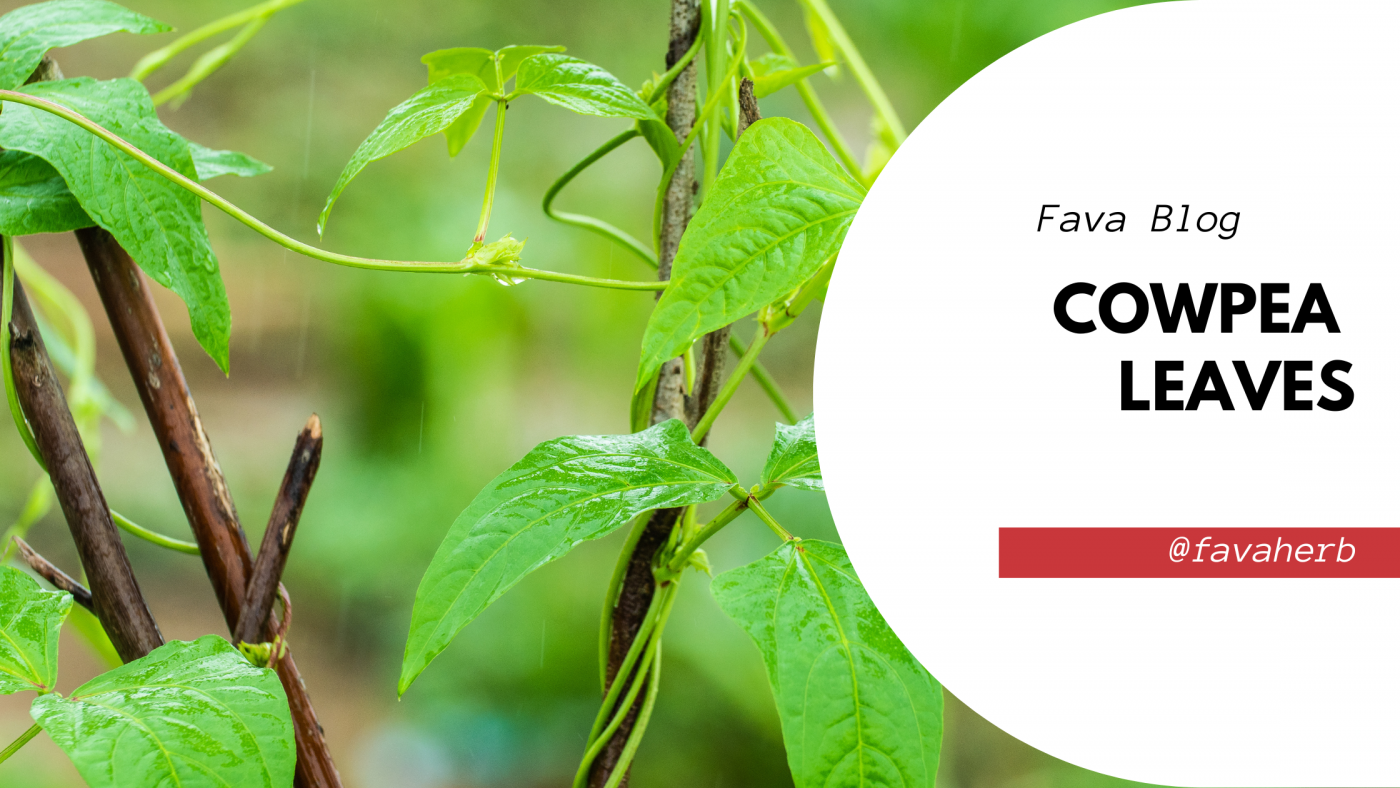Uncategorized
Cowpea Leaves: The Green Superfood with Powerful Health Benefits
When it comes to leafy greens, spinach and kale often steal the spotlight—but there’s another green vegetable quietly thriving in many African and Asian households: cowpea leaves. Also known as black-eyed pea leaves, these nutrient-packed greens are not only delicious but offer a long list of health benefits. In this article, we explore why cowpea leaves should be a regular part of your diet and how they can boost your overall well-being.
What Are Cowpea Leaves?
Cowpea (Vigna unguiculata) is a legume known for its edible seeds (commonly called black-eyed peas), but the young tender leaves are just as nutritious. Popular in many parts of Africa, Asia, and the Caribbean, cowpea leaves are often used in soups, stews, and sautés, thanks to their mildly earthy flavor.
Book: Returning To Nature’s Ancient Pharmacy -An African Approach To Natural Remedies
What You’ll Discover:
- Daily Herbal Remedies backed by Scripture and tradition
- Natural healing foods like raw honey, fermented drinks, and superfruits
- Uses of animal fats like tallow, ghee, and bone broth
- African healing plants like hibiscus, tamarind, and baobab
- Teas and Adaptogens for stress, energy, and hormone balance
- Spiritual insights on God’s design for healing and wellness
- Practical recipes, homemade remedies, and devotional reflection
Nutritional Profile of Cowpea Leaves
Cowpea leaves are rich in:
- Vitamins: A, C, E, and several B-complex vitamins (especially folate)
- Minerals: Iron, calcium, potassium, magnesium, and zinc
- Proteins & Fiber: A surprising source of plant-based protein and dietary fiber
- Antioxidants: Flavonoids, polyphenols, and beta-carotene
Top Health Benefits of Cowpea Leaves
1. Supports Strong Immunity
Thanks to their high vitamin C and antioxidant content, cowpea leaves help fight off infections, neutralize free radicals, and boost your immune response naturally.
2. Improves Eye Health
Loaded with vitamin A and beta-carotene, cowpea leaves support eye health, reduce the risk of night blindness, and may prevent age-related macular degeneration.
3. Boosts Iron Levels & Fights Anemia
Cowpea leaves are an excellent plant-based source of iron—critical for red blood cell production and preventing fatigue and anemia, especially in women and children.
4. Promotes Healthy Digestion
The fiber in cowpea leaves supports gut health, aids in smooth digestion, and helps prevent constipation.
5. Great for Diabetics
The low glycemic index combined with fiber and antioxidants helps regulate blood sugar levels—making cowpea leaves a smart choice for people managing diabetes.
6. Strengthens Bones & Teeth
The calcium and phosphorus content in cowpea leaves helps build strong bones and maintain dental health, especially in aging adults and growing children.
7. Natural Detoxifier
Cowpea leaves have gentle diuretic and cleansing properties that support liver function and help rid the body of toxins.
How to Use Cowpea Leaves
Here are a few delicious ways to add cowpea leaves to your meals:
- Steamed or sautéed with onions, garlic, and tomatoes
- Added to soups (especially groundnut soup or lentil soup)
- Blended into green smoothies for a superfood boost
- Cooked in coconut milk for a creamy traditional dish
Final Thoughts
Cowpea leaves are a powerhouse of nutrients wrapped in delicious, earthy greens. Whether you’re looking to boost your iron intake, improve digestion, or support immunity naturally, this underappreciated superfood deserves a spot in your kitchen. Easy to grow, cook, and enjoy—cowpea leaves are truly one of nature’s gifts to our health.
Tags:
#CowpeaLeaves #Superfoods #AfricanGreens #HealthyEating #HerbalWellness #PlantBasedNutrition #FavaHerb




